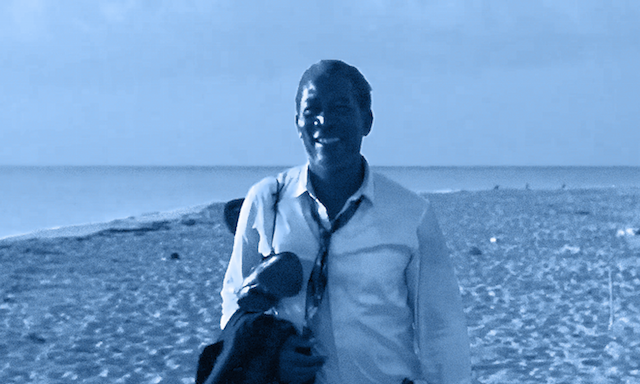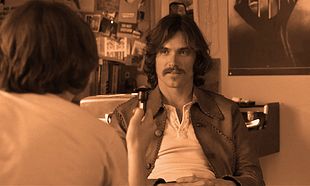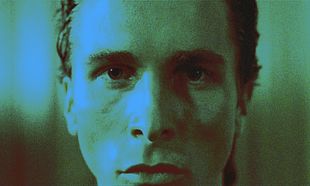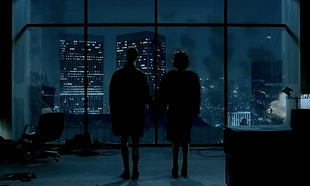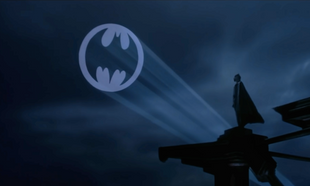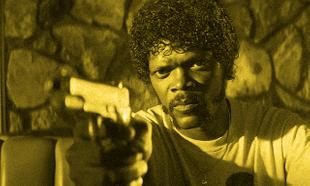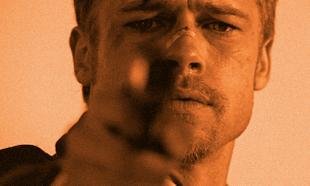The Final Scene looks at the last few minutes of some of the most well-known movies of the past fifty years. This week, it's Frank Darabont's adaptation of Stephen King's novella, 'The Shawshank Redemption'...
This weeks marks the 25th anniversary of the release of 'The Shawshank Redemption' in US cinemas - it didn't reach Ireland until March of 1995 - and it's hard to think of the movie without thinking of Morgan Freeman's narration. In the voice of any other actor, the kind of glimmers of hope and frailty would be lost. Yet, with Freeman's note-perfect reading, it transcends itself to become as much a prayer as a narration.
Throughout 'The Shawshank Redemption', we're told of a small village in Mexico - you remember the name? - where "the ocean has no memory", and how it can wash all manner of hardships, and cleanse the soul. The redemption that both Red and Andy seek is there, but it's kind of mind-boggling to think that Frank Darabont nearly ended the movie without seeing it.
The original ending saw Red board the bus to his ending narration, looking out into the horizon as the bus pulled off down the road to an uncertain future. In a Q&A with the Academy of Motion Picture Arts & Sciences, Darabont revealed that he had intended to end it there, as the script was faithful to King's ending.
"The original script ended with Red on the bus, uncertain but hopeful about the future; that's the way the story ended. But the studio executives told me, after two-plus hours of Hell, you might owe them that reunion," Darabont explained.
You couldn't imagine the movie ending any other way, because the hardships they've endured has to mean something. It has to be washed away, it has to be - like the title says - redeemed. The reunion is made all the more potent by knowing that Red was, himself, confined by his circumstances and unsure of his future before finding Andy's hidden note.
Before he steps onto the bus, Red marks the wall where Brooks hung himself, confirming that he can either "get busy living, or get busy dying" - and he's choosing the latter.
There's no denying that it's sentimental beyond words, but so what? We know that both of these men have suffered, so why not give them this kind of a joyous ending? So often in King's work, the ending is never quite so easy. Look at 'Misery', which ends with Paul Sheldon realising he'll never be free of Annie Wilkes. Take something like 'The Shining', where we end with Jack Nicholson's features appearing in the walls of the Overlook, caught in some kind of time-warp for eternity.
Can't his protagonists get this one, perfect ending? Of course they can.
